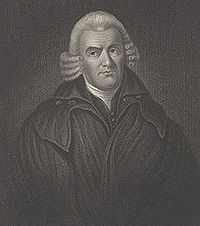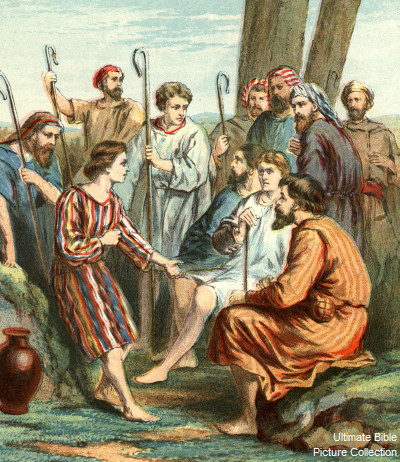"For God so loved the world, that He gave His only Son, that whoever believes in Him should not perish but have eternal life. For God did not send His Son into the world to condemn the world, but in order that the world might be saved through Him."
It is amazingly predictable that this passage will come up in any discussion of the extent of the atonement. As I have stated before (such as here and here), I hold to the classic Reformed view of the Atonement, called "limited" or "particular" atonement, i.e., that Christ died effectually and exclusively for a certain number of particular individuals given to Him by the Father before the Creation, explicitly the Church (e. g., John 6:35-40, Ephesians 5:25). This is in opposition to the Arminian view of universal atonement, i.e., the belief that Christ died generically for all, and ineffectually for most.
However, look at what these verses actually say. Because God loved the world, i.e., His Creation, He gave His Son for those who believe in Him. This is particular atonement! Because the Father created this world as good (Genesis 1:10), He saw fit to redeem a race from it, lest it all be condemned for Adam's sin.
The theologian John Brown of Haddington referred to this as "an ordinance of salvation." Brown vehemently maintained that the Father truly and unreservedly proffered Jesus Christ as the way of salvation (Acts 4:12). Any who would be saved must flee to Him, and there can be no other salvation. Thus, Christ holds the office of savior for the whole world, which is a separate issue from either election or atonement. Think of this analogy: the sun is given as the primary source of light for the whole world. However, the blind do not benefit from its light. Yet, their lack of benefit in no way negates the action of the sun. In the same way, while the reprobate receive no eternal benefits from Jesus as savior, that in no way negates His work as Savior, which is effectual for all those whom He chooses. Remember, He Himself said that many are called (i.e., in the proclamation of the gospel), but few are chosen (i.e., in the effectual power of election), Matthew 22:14 (cf. also, Revelation 17:14).
My point here is that there is no conflict between the universality of Christ's saving office and His particularity of saving action. They are distinct things with distinct purposes.
Sedulius Paschal Work, Book 2
44 minutes ago






